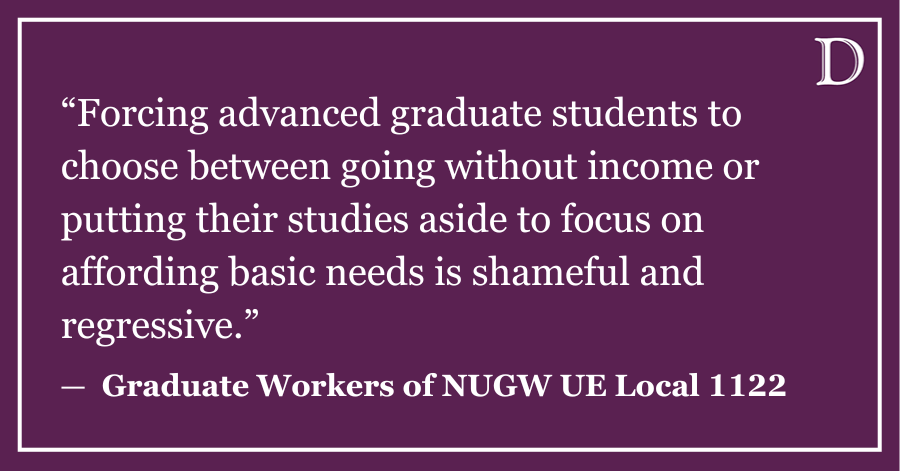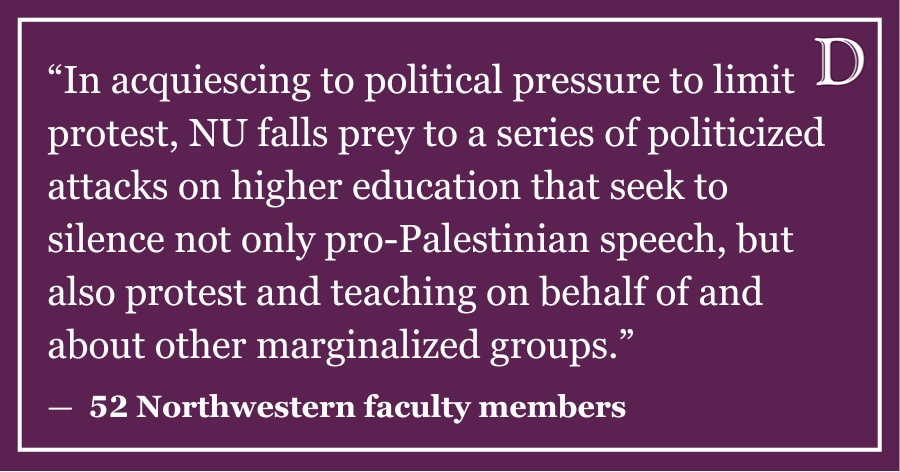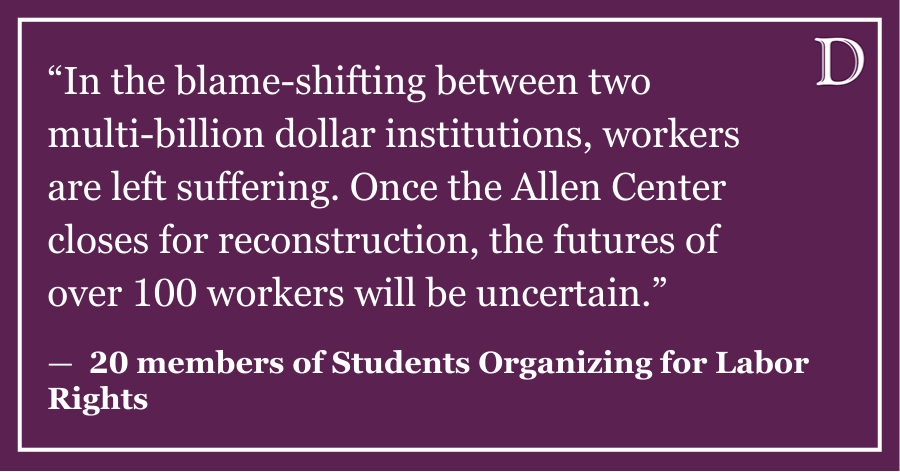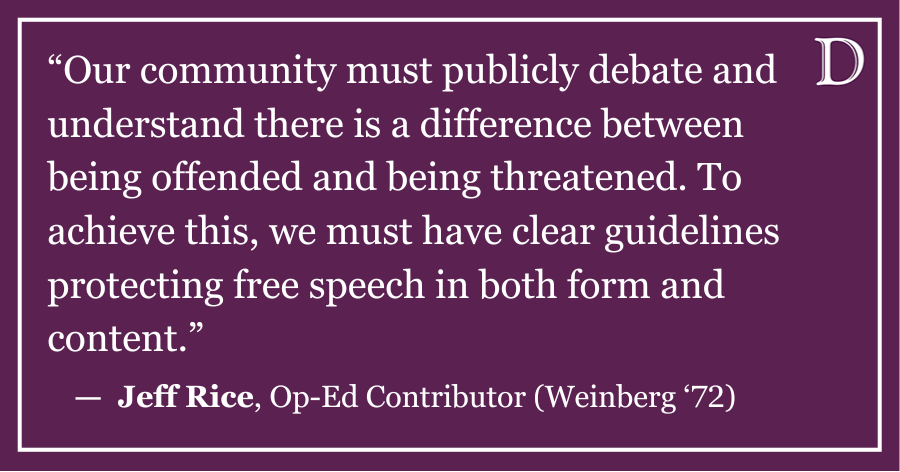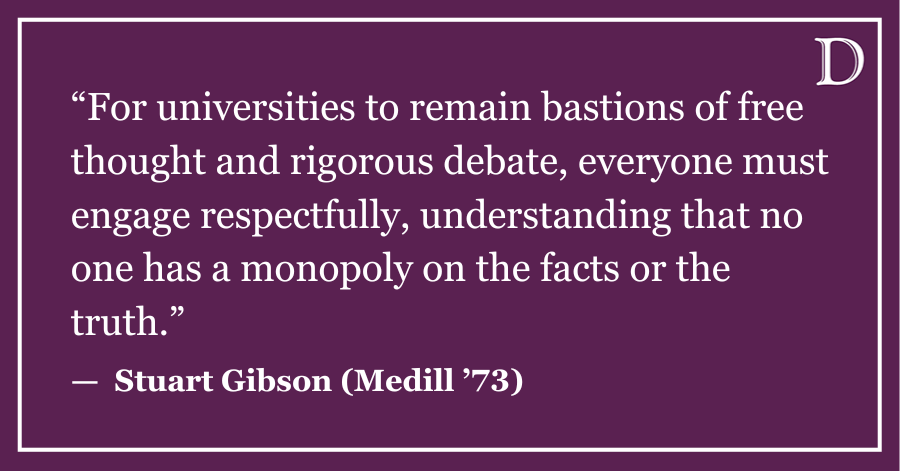“What do you believe is the purpose of education, and how do you think it should evolve?”
As part of my endeavor to integrate myself fully into the Northwestern campus community as an international exchange student, I actively sought out opportunities to join various societies and clubs. In one particularly intriguing interview for a club, I was asked to reflect on the purpose of education and its potential evolution.
Upon hearing this question, I found it incredibly thought-provoking. It prompted me to reflect on my own beliefs about education, which, interestingly, differ from those of my sister. I have always been the type of student who places great importance on academic achievement, and the mere thought of receiving a grade below my expectations can bring me to tears.
Conversely, my sister holds a contrasting perspective, valuing real-world experiences above grades and academics. She firmly believes that true education comes from venturing beyond the confines of the classroom and embracing the opportunities that lie in the world around us.
Given the influence of my sister’s viewpoint and the numerous debates we have had on this topic, answering the question during the interview proved somewhat perplexing. My thoughts were clouded with both personal judgments and the impact of my sister’s perspective.
My educational journey, encompassing experiences in different countries like pursuing my high school education in Bangkok, Thailand, and now going after my undergraduate degree in Hong Kong, has exposed me to diverse educational landscapes.
Moreover, my current exchange program at NU has further widened my understanding by introducing me to the educational system in the United States. These encounters have highlighted the stark differences — as well as the subtle nuances — in educational approaches across various regions of the world.
In Bangkok, I experienced a more structured and exam-oriented education system, where academic performance was highly emphasized. The focus was on rigorous coursework, test preparation and high scores. In contrast, Hong Kong’s education system places a strong emphasis on academic competition, specialization and preparing students for the demands of a rapidly developing economy.
Now, as I engage in the American higher education system, I am witnessing a different approach that emphasizes critical thinking, experiential learning and interdisciplinary exploration. The emphasis here is on holistic development, fostering creativity and encouraging students to think independently.
One notable difference I observed is the prevalence of participation points in American classrooms. In all my classes here at NU, active participation is encouraged and rewarded through the allocation of participation points. Conversely, in my experience with classes in Hong Kong, participation points are not common. The emphasis is often placed on individual achievement and exam performance, rather than active class participation.
Another important distinction that I’ve observed between the American and Hong Kong education systems is the level of professor engagement. Throughout my high school years, I was often told that once I reached university, professors would be distant and uninvolved in my academic journey. It was emphasized that they would not chase after me if I failed to submit an assignment on time, simply assigning a zero for the missed work. This expectation held true during my time in Hong Kong.
However, my experience at NU has challenged those preconceptions. I have been pleasantly surprised by the levels of professor engagement and support. The professors here play a much more significant role in students’ activities and assignments.
Throughout my travels and studies, I have encountered a range of teaching methodologies, assessment systems and cultural influences on education. Each country possesses its own set of values, priorities and educational philosophies that shape the learning experiences of its students. These contrasts have illuminated the fact that education cannot be approached with a one-size-fits-all mindset. Rather, it should be tailored to meet the specific needs and aspirations of individuals within their respective societies.
Going back to the interview question, I have come to believe that the purpose of education is multi-faceted and should evolve to encompass a broader perspective. Education should not solely be confined to the acquisition of knowledge and grades, nor should it be limited to classroom-bound experiences. It should integrate the best practices from different systems, drawing upon the strengths of each. The American emphasis on critical thinking, experiential learning and professor engagement can be combined with the Hong Kong focus on academic competition and specialization, as well as the structured coursework in Bangkok that builds a strong foundation of knowledge.
My experience as an international exchange student here at NU has granted me a broader perspective on the purpose of education. By embracing the diversity of educational systems and drawing upon my own multicultural background, I have come to appreciate the value of a well-rounded education that harmonizes academic achievement with real-world experiences.
Gia Karamchandani is an exchange student from The Hong Kong University of Science and Technology. She can be contacted at [email protected]. If you would like to respond publicly to this op-ed, send a Letter to the Editor to [email protected]. The views expressed in this piece do not necessarily reflect the views of all staff members of The Daily Northwestern.






